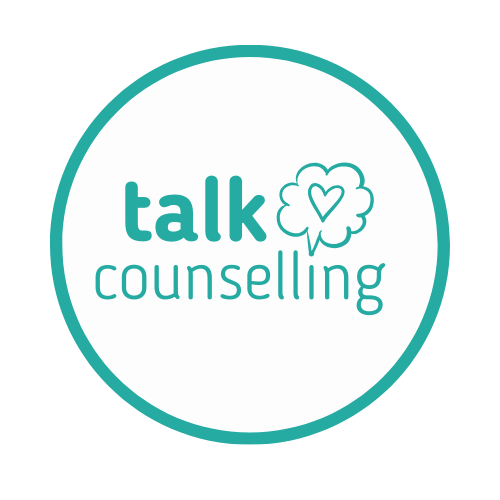- May 23, 2023
- Jason
- No Comments
Social media has become an integral part of our lives and has transformed the way we communicate, share information and connect with others. While it has many positive aspects, it can also have a significant impact on teenagers, both positive and negative.
One of the positive impacts of social media on teenagers is the ability to connect with others who share similar interests and experiences. Social media platforms such as Instagram, TikTok, and Twitter allow teens to find like-minded individuals and form online communities. This can be particularly beneficial for teens who may feel isolated or struggle to make friends in their offline lives.
Social media also allows teenagers to express themselves creatively and share their talents with a wider audience. Many young people use platforms such as YouTube and Instagram to showcase their art, music, or other creative pursuits, and this can help to build confidence and self-esteem.
However, there are also negative impacts associated with social media use. One of the most significant concerns is the impact it can have on mental health. Studies have shown that excessive social media use can contribute to anxiety, depression, and other mental health issues in teens. This is because social media can create unrealistic expectations and comparisons, leading to feelings of inadequacy and low self-esteem.
Jason Dudley MBACP
The problem with social media
Another concern is the impact of cyberbullying. Social media can provide a platform for bullies to harass and intimidate others, often anonymously. This can lead to long-term psychological harm and can have a significant impact on a teenager’s mental health and well-being.
In addition, social media can contribute to a culture of perfectionism, where young people feel pressure to present a flawless image of themselves online. This can lead to feelings of anxiety and insecurity and can have a negative impact on self-esteem.
Furthermore, social media can contribute to the spread of misinformation and can make it difficult for young people to discern fact from fiction. This can have serious consequences, particularly when it comes to issues such as politics, health, and current events
Positive approaches to social media use
Despite these concerns, there are steps that can be taken to mitigate the negative impact of social media on teenagers. One of the most important is to encourage open communication and dialogue about social media use. Parents and educators can help teens develop critical thinking skills and teach them to be responsible digital citizens.
In conclusion, social media has had a significant impact on teenagers, both positive and negative. While it provides opportunities for connection and self-expression, it can also contribute to mental health issues, cyberbullying, and the spread of misinformation. By promoting responsible digital citizenship and encouraging positive uses of social media, we can help teenagers navigate this complex landscape and make the most of the opportunities that technology provides.


